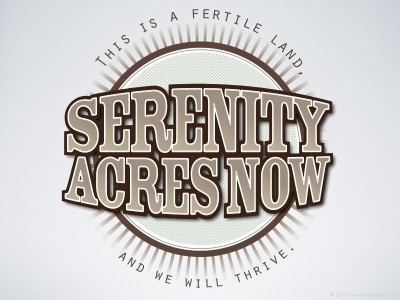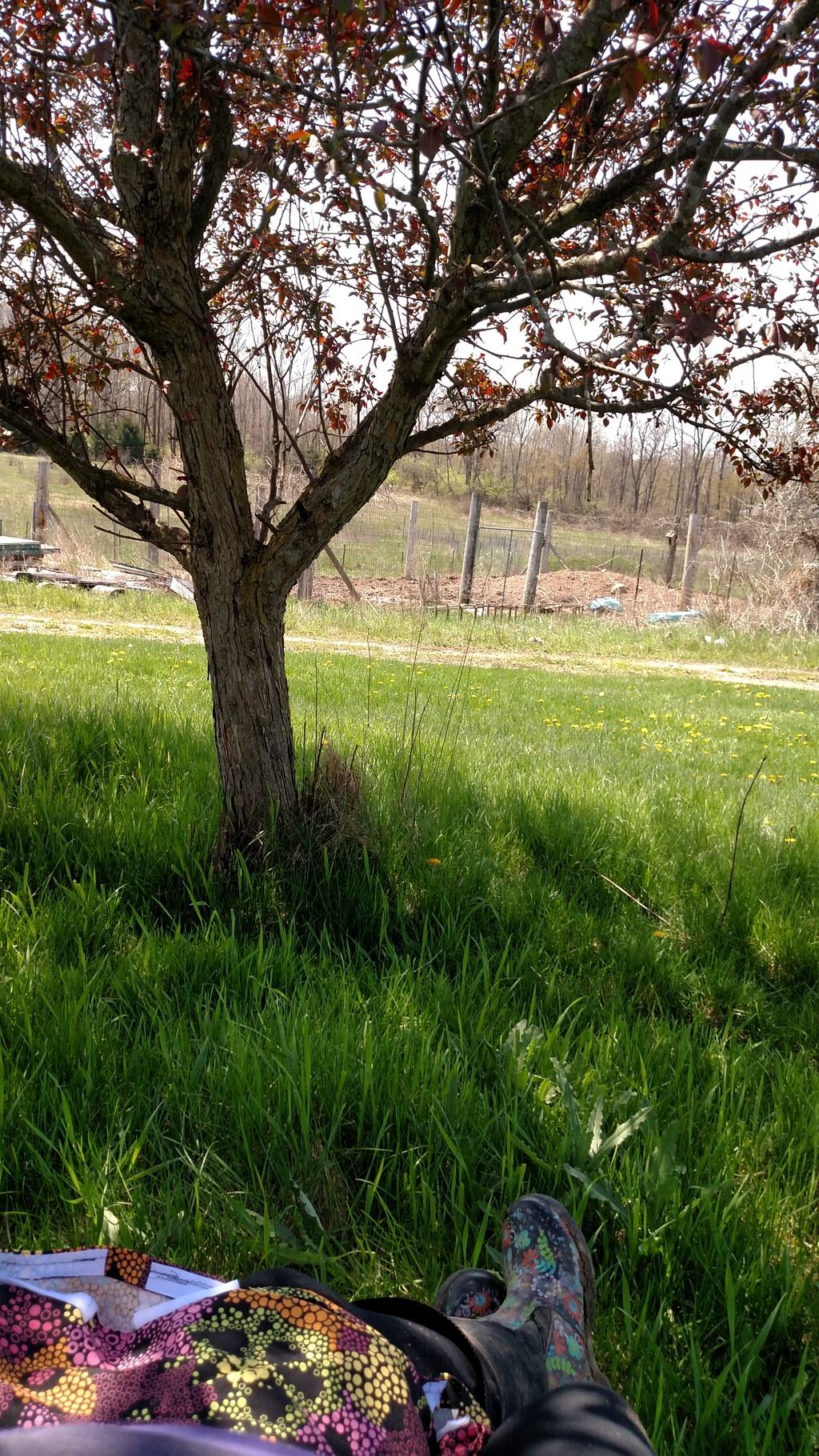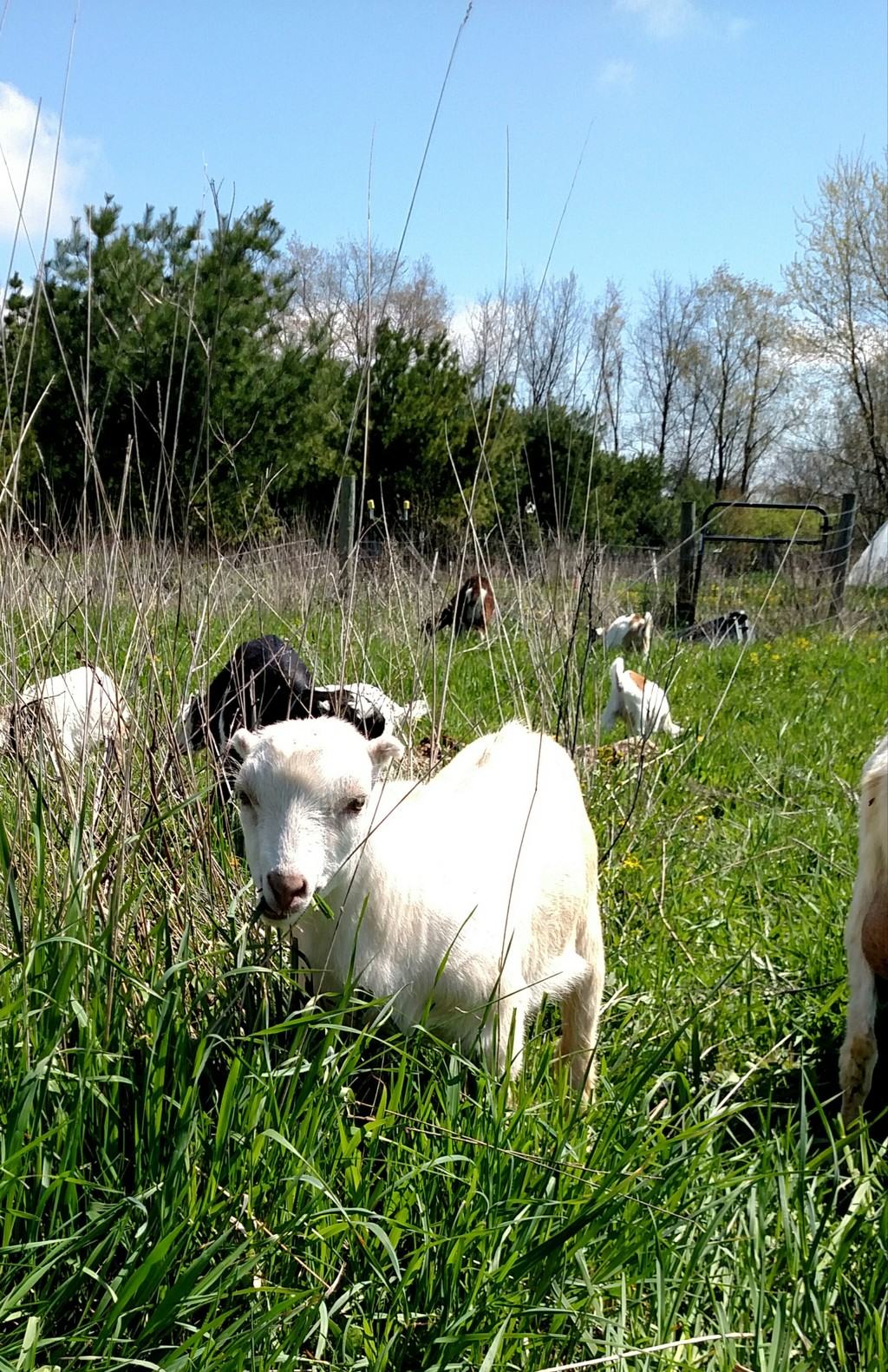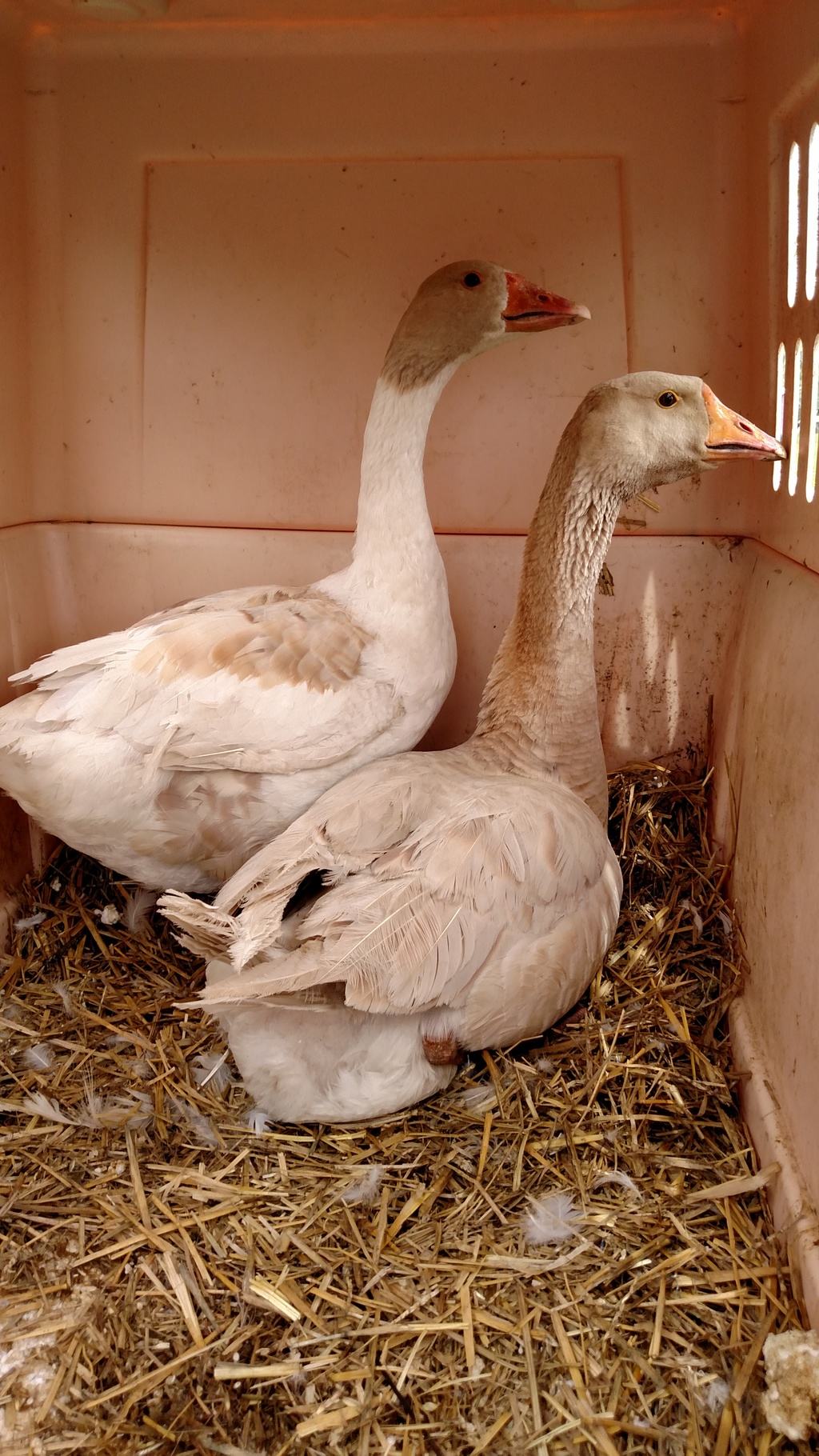Sustainability is a word one hears bandied about quite a bit these days, and like “green,” “organic” and “natural,” it’s really something we have to examine on an individual basis to see if the person using the term imbues it with the same definition that we do. For me, “to sustain” is to have the ability to bear the weight of something, to endure without yielding. And in the context of our farm, it means that we want to be able to do this for many years to come while still providing the best possible care to our animals, our land, our customers, and ourselves.
 We strive for these goals in a multitude of ways, by continuously learning how we can incorporate biodiverse practices that help heal the land instead of stripping it of its life. This means that any crops and animals grown on the land benefit from the nutrient-rich soil, and by extension, those who consume the resulting nutrient-dense products do as well. We try to provide the best possible housing and feed to our animals – pasture is available to them, along with supplementary rations of grain and hay.
We strive for these goals in a multitude of ways, by continuously learning how we can incorporate biodiverse practices that help heal the land instead of stripping it of its life. This means that any crops and animals grown on the land benefit from the nutrient-rich soil, and by extension, those who consume the resulting nutrient-dense products do as well. We try to provide the best possible housing and feed to our animals – pasture is available to them, along with supplementary rations of grain and hay.
As you may be aware, the industrial food complex isn’t selling you food at its true price. This is because the companies growing/manufacturing those foods receive tax breaks, and even government bailouts. When the USDA comes into a chicken factory and determines that hundreds or thousands of birds need to be culled because of illness that resulted from overcrowding, we the taxpayers end up paying for the losses that company suffers. But the real suffering is for the animals who never should have been in those conditions from the start, and those who eat the stressed-out, drugged-up birds. So many times, food from that industrial complex (subsidized by our taxes) is making us sick. That’s a cost to us. And then the environmental costs get passed along to us as well. So the price tag you see in the grocery store is only a portion of what you are paying, in the big picture.
In order to be able to sustain our practices here in the long run, we need to insure that we are accounting for all of our costs in producing the food. We don’t receive government subsidies, and so everything we do here is self-funded, with George’s paycheck heavily subsidizing the farm. We believe in what we are doing, but we also need to be realistic about the farm’s ability to sustain its own existence over time.
A couple of months ago, our feed costs went up, and we’ve been bearing the cost of that increase ourselves. However, we’ve realized we can’t sustain bearing that cost ourselves, and it’s not a bona fide cost reflected in in the price of our eggs. We’ve been offering a price break to those who purchase their eggs right here on the farm, and we just can’t afford to continue doing that. As such, our chicken eggs will be $3.50 a dozen, regardless of whether they are purchased on-farm or at delivery locations. We truly appreciate your understanding in this matter. We’ve looked around and found that many of the eggs labeled “Free Range” “Cage Free” and “Organic” in the grocery store are in line with that price, with many charging more. It’s worth noting that those labels may not mean what you think they mean – you can read more in our Egg FAQ. We also think that our eggs taste better than those in the store – if we didn’t, we wouldn’t be doing all of this work!
We really appreciate everyone who has supported our efforts and enjoyed our eggs – we hope that this won’t be too big an obstacle for you to continue doing so. Thanks so much for your understanding and support of our efforts to keep our farm sustainable and bio-diverse.





Leave a Reply